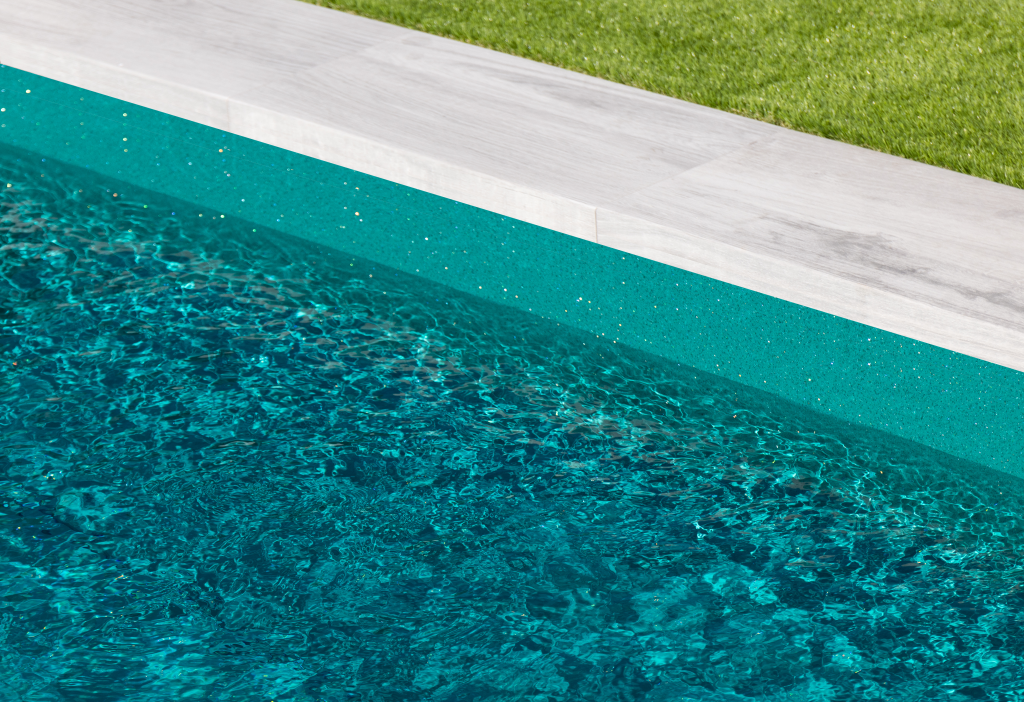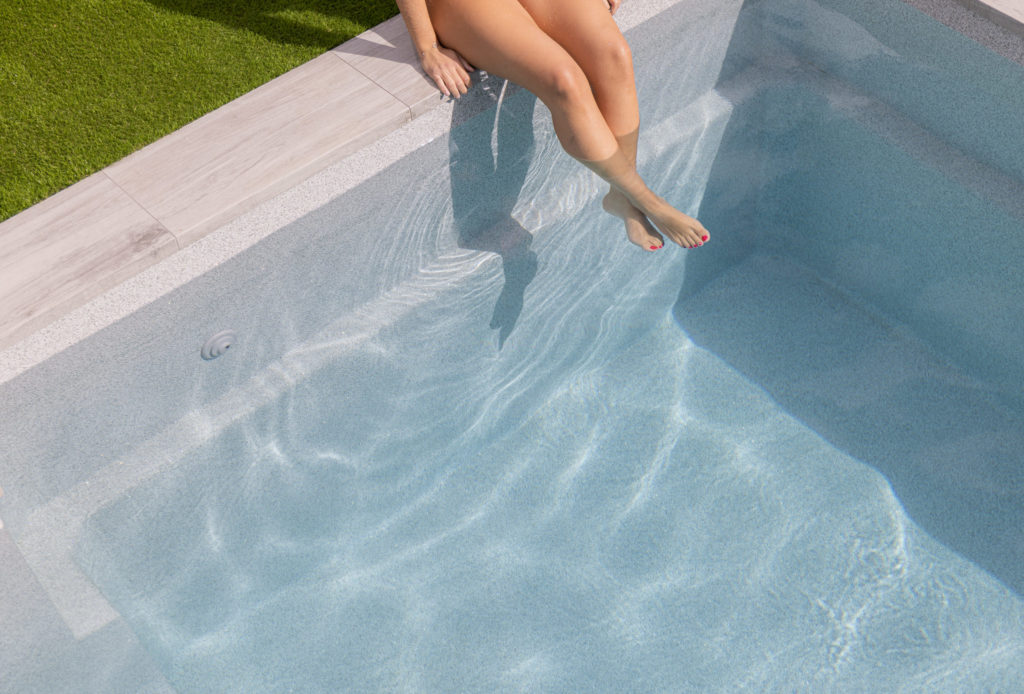Salt Table for Pools
To ensure proper performance of our pools, there are certain calculations and parameters to avoid mistakes in the amount of salt your pool needs.
Salt chlorination is currently the most effective method for treating your pool water in a simple way. This system reduces the maintenance required from the pool owner for disinfection and water care.
This method consists of adding salt to the water and making sure the concentration is adequate.
To do this, it’s important to consider a few parameters to calculate when and how to add salt to the pool.
Many users believe that it is only necessary to add salt when starting up the salt chlorinator, but in reality, that is not the case if you want your water to be truly clean and perfect for the entire season. Keep in mind that salt concentration in the pool decreases for several reasons:
- Water evaporation due to heat
- Filter backwashing
- Water loss from splashing
- Increase of water from rainfall
Salt Levels in the Pool
It is important to measure the salt level in the water regularly. Even if you have an electronic salt chlorinator reader, it’s advisable to check these parameters manually to achieve better performance.
- If the salt level in the pool is too high, the elements in contact with the water can corrode, the water may taste too salty, it may cause skin dryness, and the water can become cloudy.
- If the salt level in your pool is too low, chlorine will not be generated properly through salt chlorination, resulting in untreated water.



